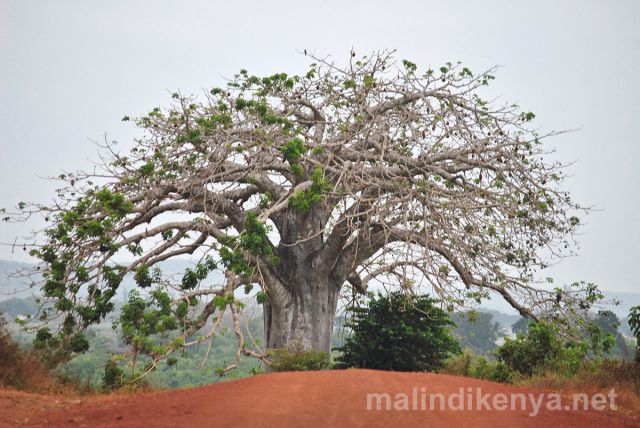
NEWS
27-10-2022 by Freddie del Curatolo
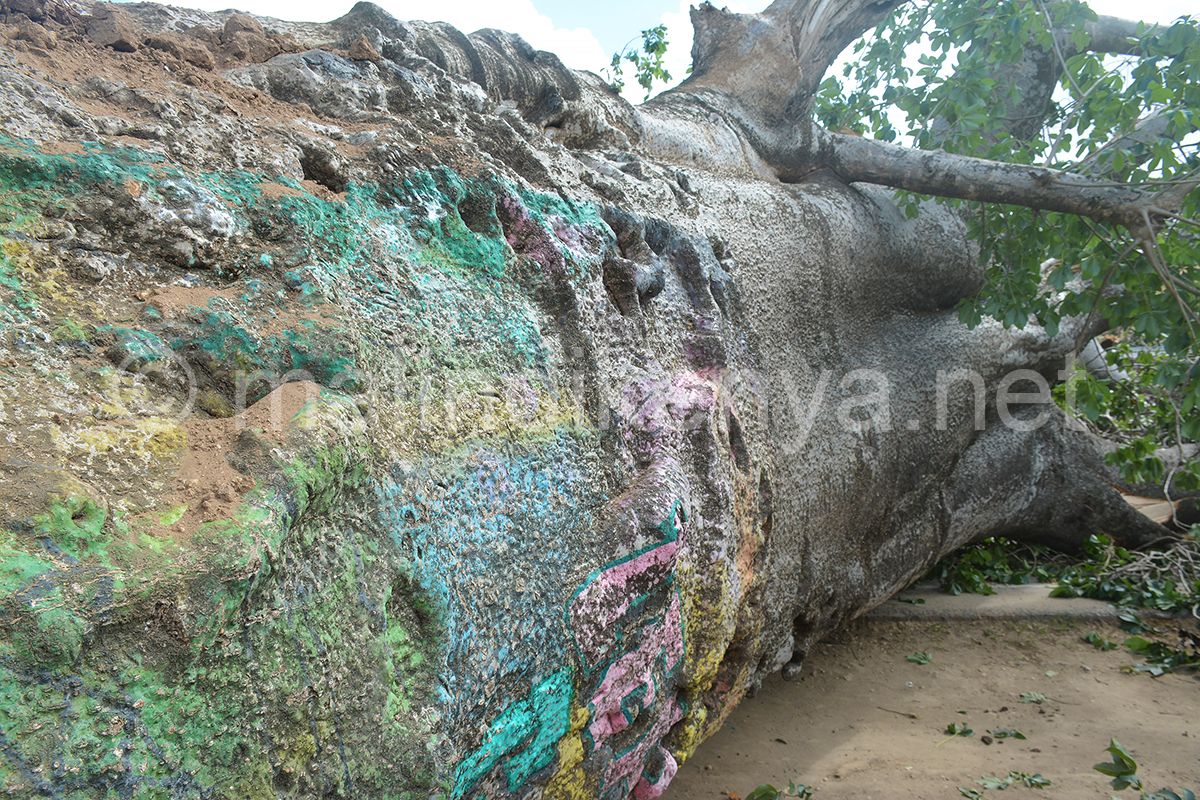
Kenya's baobabs are inevitably destined to disappear unless the new government takes timely and necessary countermeasures to stop the trickle of felling by private individuals and companies that own the land where they have stood for centuries. A practice that is not prohibited, but simply regulated by licenses that are easy to obtain, paying for a permit as if it were just any shrub.
To this havoc that not only befalls nature, but also man because the baobab is a source of free vitamins, a powerful anti-hunger (and never more important than at this time would it be to use it, especially for children) and a very important cultural and traditional symbol, we now add exportation.
You read that right: export. In recent months an Eastern European billionaire entrepreneur in the hinterland of Kilifi has purchased 5,000 tons of baobabs, uprooted them and put them in iron cages to transport them to Georgia and plant them, he says, in a large botanical garden back home.
Local farmers, who own the land where the baobabs, including one that is an estimated 2,500 years old, have sold their specimens for between 100,000 and 300,000 shillings (between 850 and 2,500 euros each). Ancestral plants of inestimable value, symbols of Africa and its nature that has withstood all human filth, raped and killed for two filthy bucks, without anyone lifting a finger.
The only voices being raised are those of environmentalists, such as Gus Le Breton of Baobab Alliance, who has called for specific laws to be passed to protect the ancestral plants.
For his part, the Georgian entrepreneur told the media that he is actually preventing them from a worse end by exporting the baobabs.
"I decided to buy the baobabs after hearing that residents were cutting them down to make way for crops. They were killing them even without me because they wanted to plant corn. I see no harm in saving the tree, which cannot be used as firewood or charcoal. I don't see any tragedy. The real tragedy is killing trees for nothing."
The "nothing" the entrepreneur is talking about is the extreme hunger that people in the coastal hinterland have come to, due to drought, also caused by deforestation. If instead of spending money on exporting, transporting and attempting to replant millennial trees that weigh tons, people would help the farmers, explaining that a baobab tree in his field to grow is only adding value, the world and this part of Africa would turn differently.
Some time ago we at Malindikenya.net had prepared a campaign to save baobabs, starting with mapping the oldest and most historic ones on the coast. We were about to launch a crowdfunding effort to produce a few installments of a series on the first specimens videotaped and photographed. Then the pandemic came and everything was put on hold. Today, just two and a half years later, it all seems almost pointless. In our very small way, however, the battle continues.
This was the promo for the project, with the musical theme song written together with friend and songwriter Stefano Barotti. (IN ITALIAN)
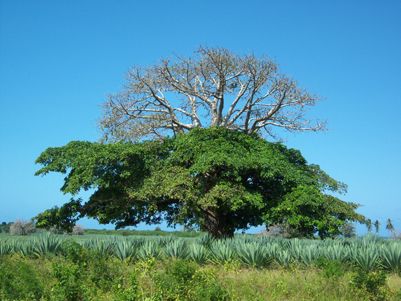
The world begins to discover the amazing properties of the African tree par excellence, the baobab.
The thousand-year-old ...
ENVIRONMENT
by Freddie del Curatolo

That we wouldn't make it was almost written.
Only a...
ENVIRONMENT
by Freddie del Curatolo

It was a day of great symbolic value for an entire community in one of the most densely populated...
STORIES
by Freddie del Curatolo

On the coast of Kenya there is a silent, daily crime that does not concern mankind and is not linked to any...
EDITORIAL
by Freddie del Curatolo
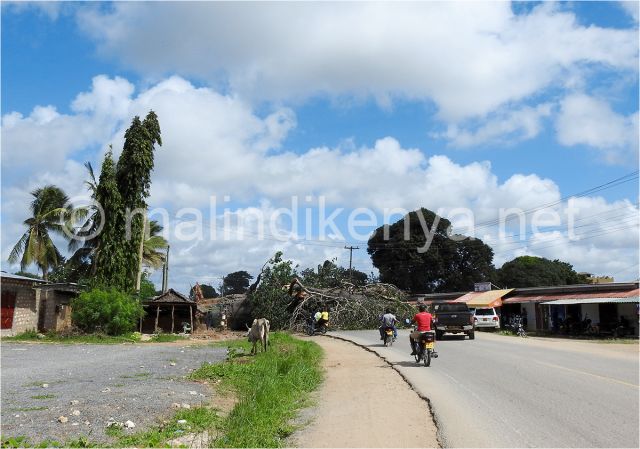
The news is that on Friday evening a giant, centuries-old baobab tree fell on the outskirts of the...
ENVIRONMENT
by Leni Frau

Perhaps we have not struggled in vain. And we are not just talking about us, small and uninfluential foreign...
EVENTS
by redazione

An event of traditional coastal music, folk dances and other activities in the shade of one of...
NEWS
by redazione
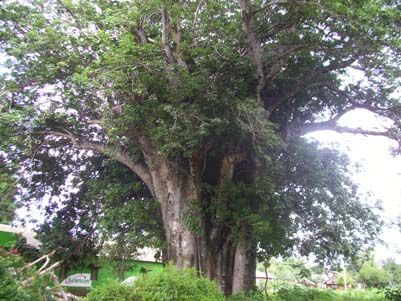
A sigh of relief for the many Malindians who still believe in legends and who do not want baobabs, representing the souls of dear dead, to be cut off.
Malindi's "talking" baobab, Mbuyu Wa Kusema, will not be cut to...
NEWS
by redazione
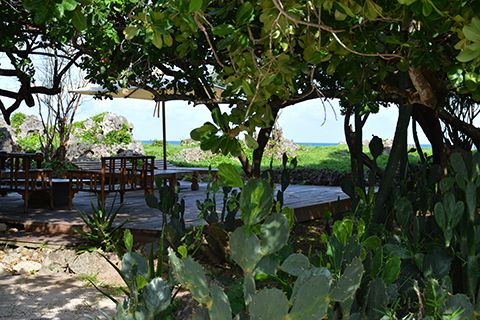
We are confident that Kenya's baobabs and neems have also cried the disappearance of Maurice Méssegué, the "daddy of plants" as was universally appealed.
The great French naturalist, writer and phytotherapist turned 95 in France, but left a great legacy...
ENVIRONMENT
by Leni Frau

For us at Malindikenya.net it is now unthinkable not to combine the work of information and promotion...
MUSIC
by Freddie del Curatolo

Today in Italy, as for many sectors and aspects concerning art and culture, there ...
PERSONS
by Freddie del Curatolo
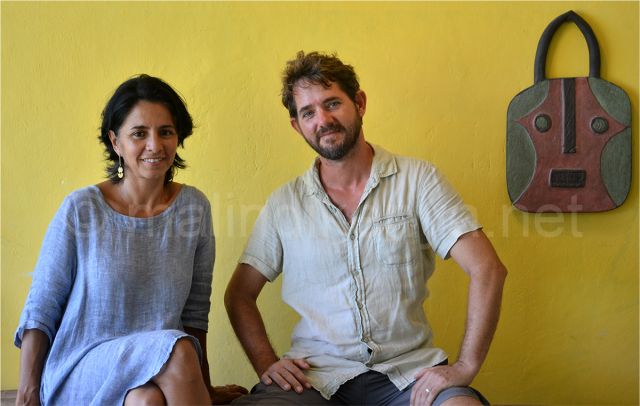
There are so many resources that Africa's most iconographic plant can boast: from the use of the seeds as a...

It would not be Malindi if there was no sun
Who also appears when he doesn't want to
Smiling behind low and dark clouds
Which raises rains dreaming a new heat
